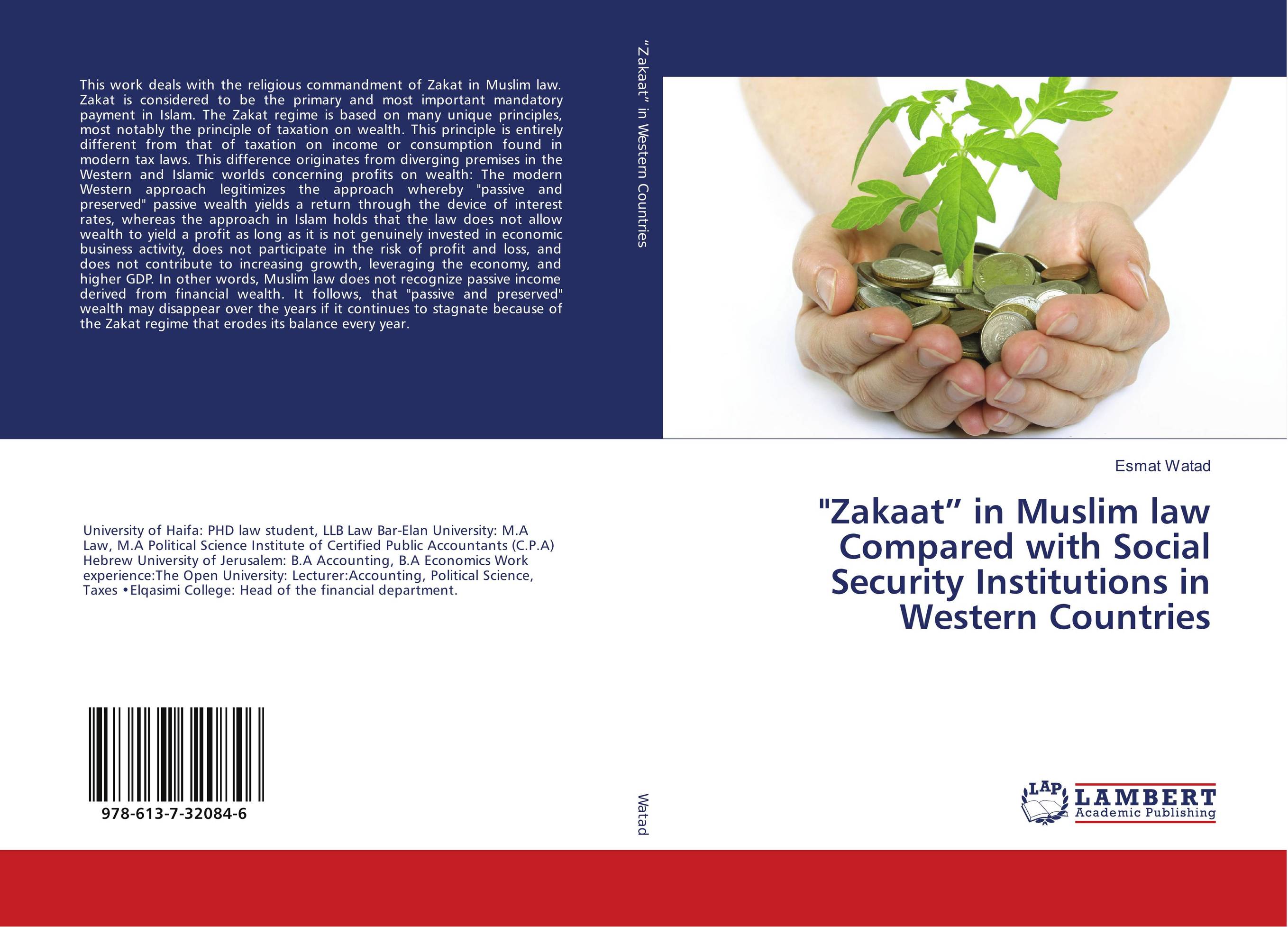| Поиск по каталогу |
|
(строгое соответствие)
|
- Профессиональная
- Научно-популярная
- Художественная
- Публицистика
- Детская
- Искусство
- Хобби, семья, дом
- Спорт
- Путеводители
- Блокноты, тетради, открытки
"Zakaat” in Muslim law Compared with Social Security Institutions in Western Countries.

В наличии
| Местонахождение: Алматы | Состояние экземпляра: новый |

Бумажная
версия
версия
Автор: Esmat Watad
ISBN: 9786137320846
Год издания: 2018
Формат книги: 60×90/16 (145×215 мм)
Количество страниц: 160
Издательство: LAP LAMBERT Academic Publishing
Цена: 38860 тг
Положить в корзину
| Способы доставки в город Алматы * комплектация (срок до отгрузки) не более 2 рабочих дней |
| Самовывоз из города Алматы (пункты самовывоза партнёра CDEK) |
| Курьерская доставка CDEK из города Москва |
| Доставка Почтой России из города Москва |
Аннотация: This work deals with the religious commandment of Zakat in Muslim law. Zakat is considered to be the primary and most important mandatory payment in Islam. The Zakat regime is based on many unique principles, most notably the principle of taxation on wealth. This principle is entirely different from that of taxation on income or consumption found in modern tax laws. This difference originates from diverging premises in the Western and Islamic worlds concerning profits on wealth: The modern Western approach legitimizes the approach whereby "passive and preserved" passive wealth yields a return through the device of interest rates, whereas the approach in Islam holds that the law does not allow wealth to yield a profit as long as it is not genuinely invested in economic business activity, does not participate in the risk of profit and loss, and does not contribute to increasing growth, leveraging the economy, and higher GDP. In other words, Muslim law does not recognize passive income derived from financial wealth. It follows, that "passive and preserved" wealth may disappear over the years if it continues to stagnate because of the Zakat regime that erodes its balance every year.
Ключевые слова: Muslim law, Zakaat, Social Security Institutions



